Protein is a macro nutrient. Therefore, it is needed in large quantities in the body. Protein is a vital component in the diet.
- Your body uses protein to build and repair important tissues in the body
- Protein is a vital building block of bones, muscle, cartilage and blood
- Protein is essential for enzyme and hormone synthesis
- Our skin, hair and nails are all made of certain proteins
Do I need it for weight loss?
It has been proven to be an essential component to a weight loss diet due to :
- It’s higher thermic effect. Protein requires more energy to digest, so you burn more calories just consuming protein rich foods
- Protein has been proven to stabilise blood sugars. So we don’t get blood sugar spikes and drops which cause regular hunger pangs
- Their satiety effects. Example: We are more likely to over consume pasta, bread, potatoes rather than whole chicken breasts as protein rich foods keep us fuller for longer
Our 6 Week Challenge diet is a protein based diet.
What about as an athlete?
A high protein diet is also beneficial to an athlete because:
- Athletes require high protein foods for recovery. Muscle fibres tear during exercise and it is vital we repair them so high protein foods help with this process
- Athletes also need blood sugar stability for performance, so protein rich foods will stabilise this
- Body composition is important to athletes. To obtain a good lean muscle mass and consequently a lower body fat mass, a high protein diet will help achieve this
Sources of protein
Animal Sources – Meat (Chicken, turkey, beef, lamb etc.) Offal, Fish, Seafood, Dairy products, Eggs
Plant Proteins – Lentils, Quinoa, Hemp and chia seeds, spirulina, nuts, seeds, beans, tofu, edamame
I recommend eating a combination of plant and animal protein to increase absorption of both and to include a variety of vitamins and minerals in the diet
How do include it regularly in the diet?
Breakfast
I recommend eggs. If weight loss is a goal, make it egg whites as they are low in calories
Alternatively, you can add egg whites to oats for breakfast or add whey protein. You could chose Greek yogurt and add your favourite toppings
Lunch
I recommend salad and build up around the salad. Add animal protein like chicken and vegetable protein like seeds or edamame and a light carbohydrate like cous cous, quinoa or berries
Dinner
I recommend a lean meat/fish, vegetables and a complex carbohydrate – Cod with broccoli and sweet potato
Snacks
I recommend protein rich snacks like canned fish, boiled eggs, whey protein, Greek yogurt, falafels.
Do I need a protein supplement?
This depends on the individual. I always recommend real food first. If you are training hard and feel you are not recovering adequately then maybe it could be an option but look at all other aspects first like sleep, rest and adequate nutrition. Most regular people won’t need a supplement but it may be a very healthy, convenient snack especially for those who don’t have time to eat meals or drive a lot.
In summary, protein is beneficial to everyone regardless of goals. Make sure to get adequate amounts of it in your diet.
Nest Week: Are Carbohydrates bad?
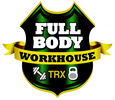
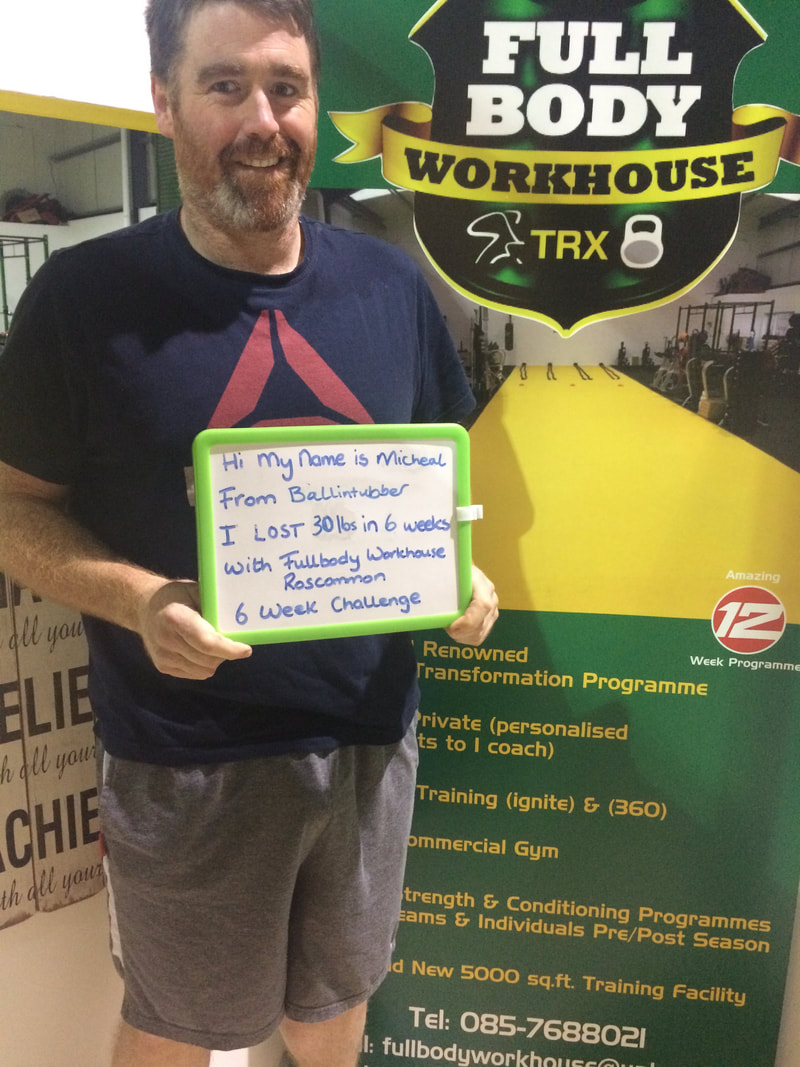
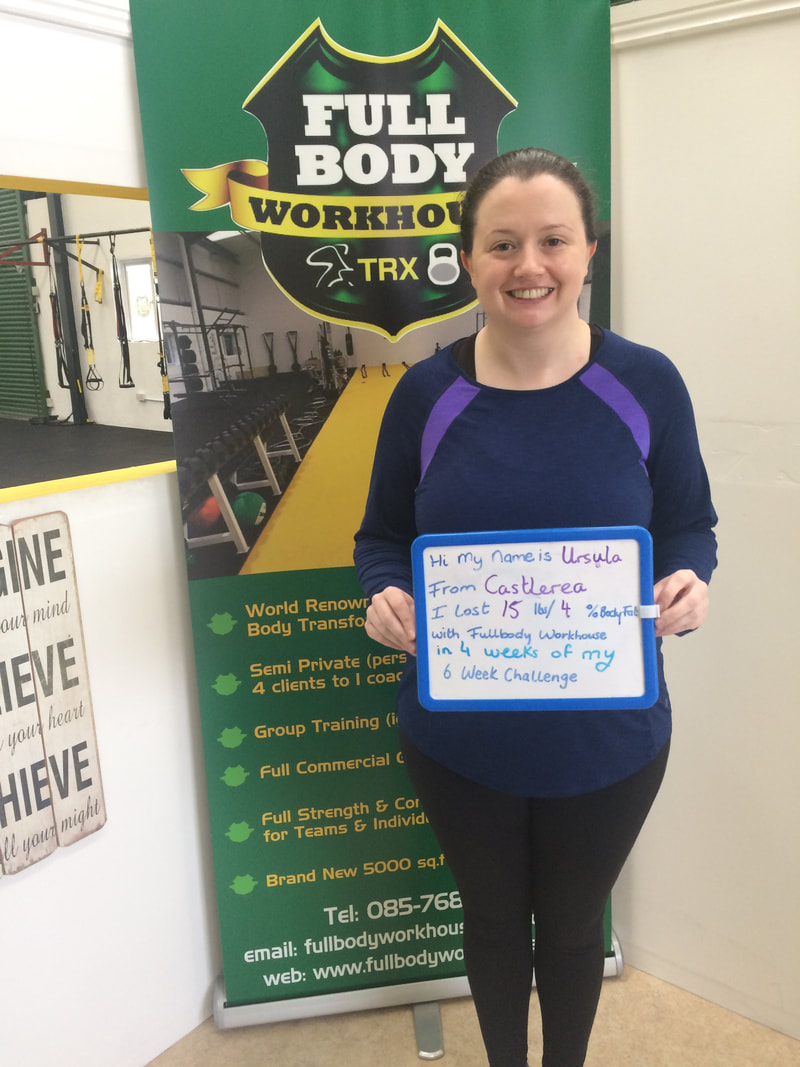
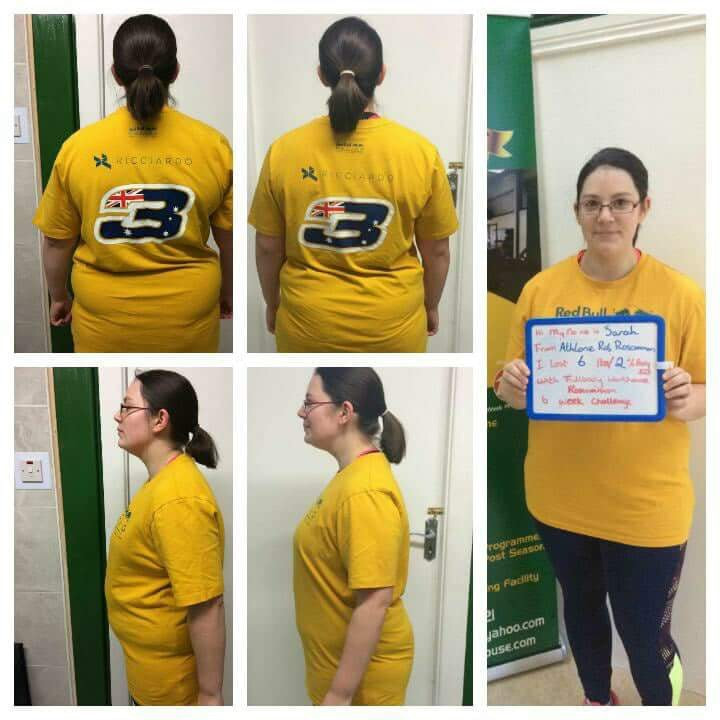
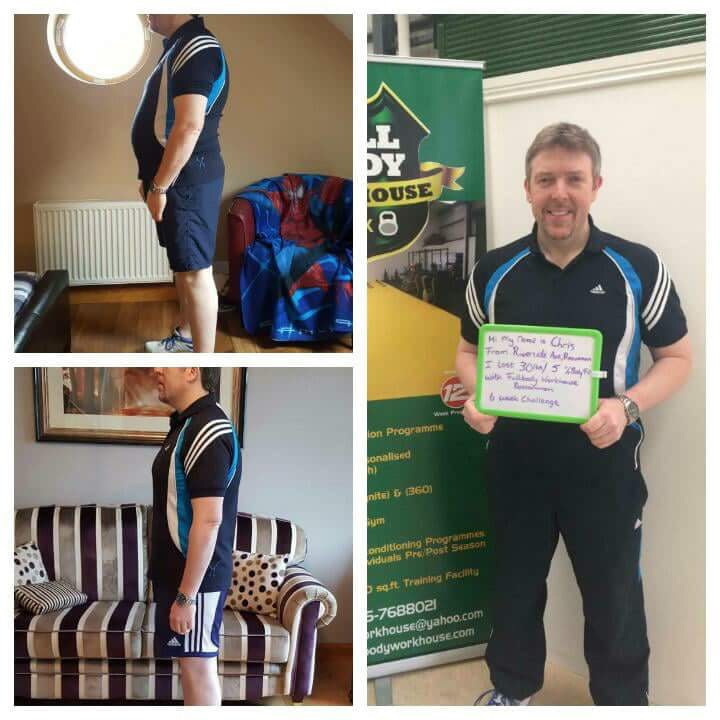
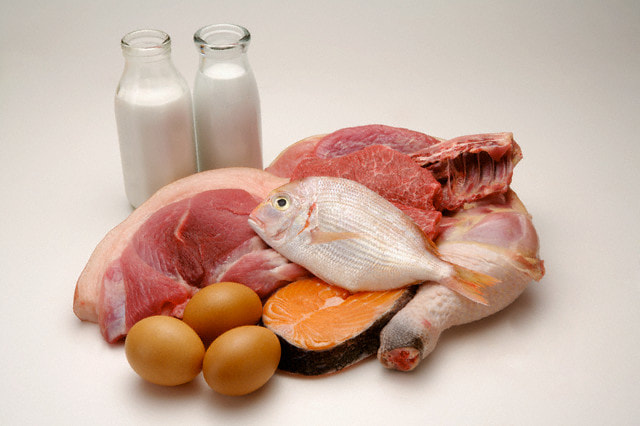
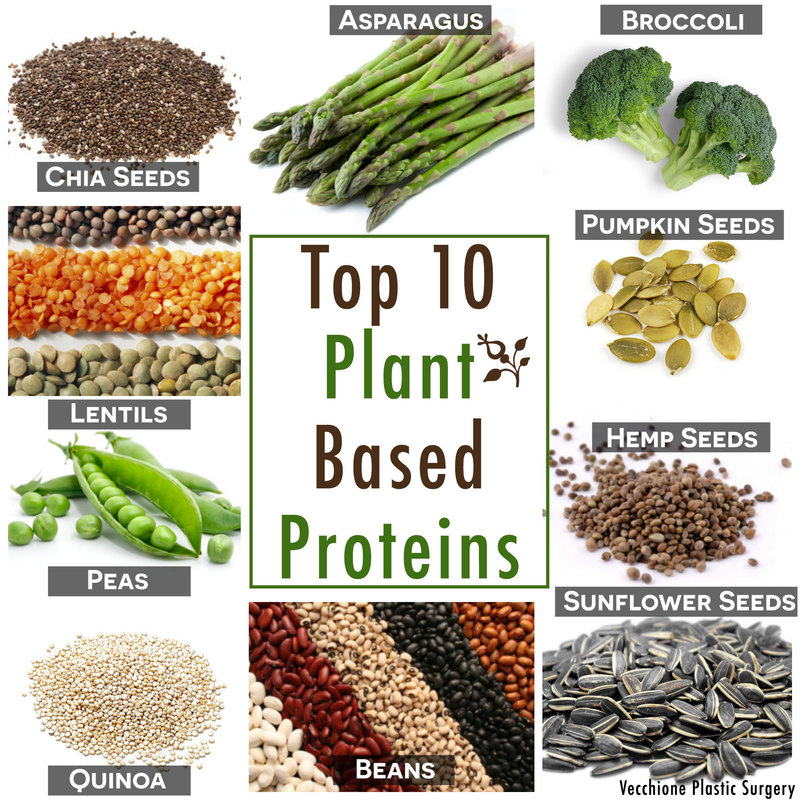
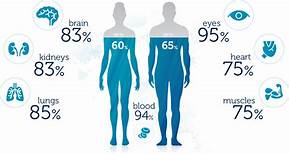
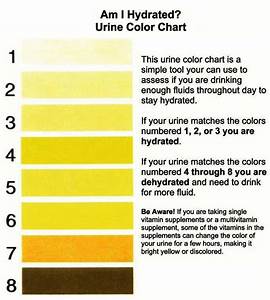
 RSS Feed
RSS Feed